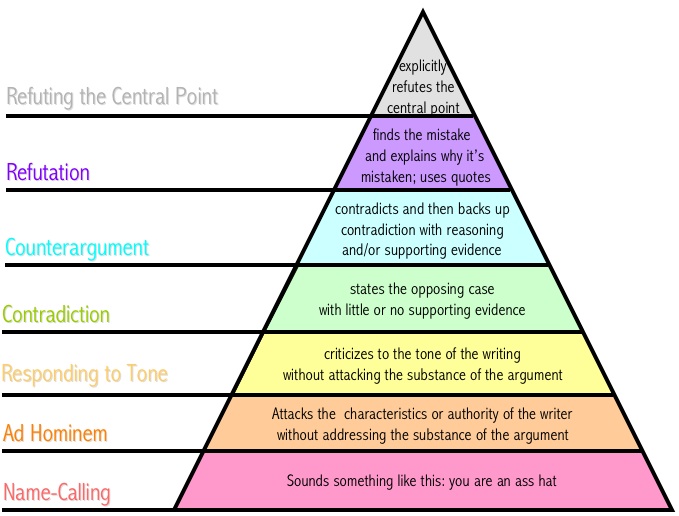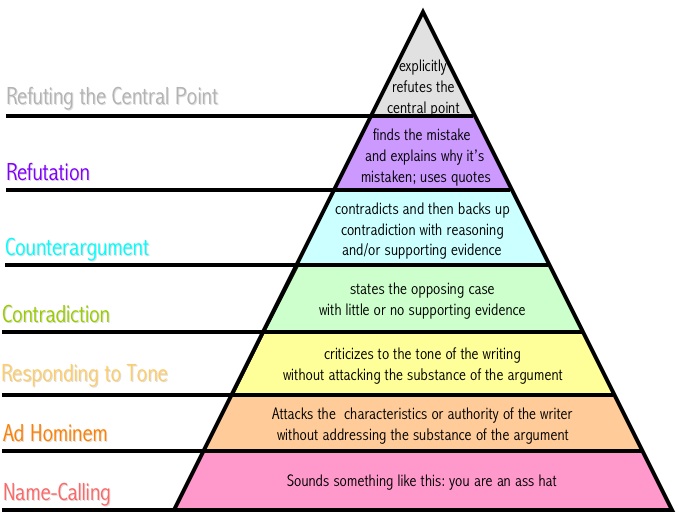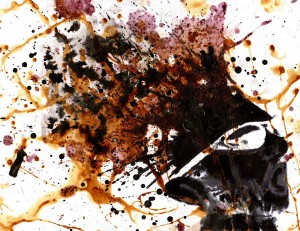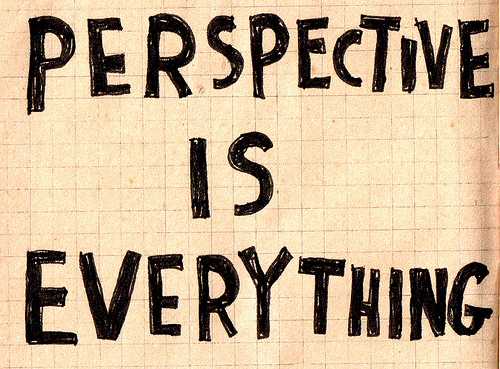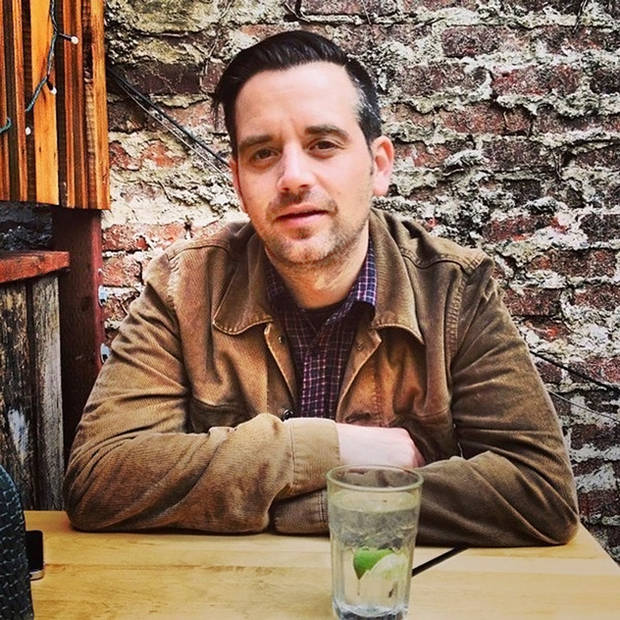Joey Ramone, legendary vocalist for one of my favorite punk bands, died on this day in 2001, but he has remained an inspiration to me for many reasons.
Mood music:
For one thing, he suffered from OCD and was hospitalized for it on at least one occasion. Given the subject of this blog, that would seem reason enough to celebrate the man. But there was more to the man that I identified with. Besides, if you do a little Google research you’ll find that a lot of famous people have OCD, including Howie Mandel and Harrison Ford.
The think what most inspired me was that someone so damn ugly could get up there and be a rock star. I’ve always considered myself ugly. I don’t really mind, and this isn’t an invitation for people to say, “Oh, no you’re not.” To me, it’s simple fact, and something I’m admittedly a little proud of. Being a pretty boy was never something I aspired to.
Joey Ramone reveled in his ugliness with that glowering stage presence. He talked funny (he was from Queens, after all) and his eyes were almost always hidden behind a pair of shades.
I dare say, there was something absolutely beautiful about the man.
When someone thinks they’re doomed to a less than wonderful life because they have a mental illness or physical defect, just look at what Ramone did. Then you can try to tell me you can’t soar above the things that seem like limitations.
A few items that might interest you:
–One of the many reasons I fell in love with my wife was that back in our college days, I would sometimes see her in the car behind me on the way home, head bopping back and forth. One time, the day after seeing this, I asked her what she was listening to. The Ramones, she told me.
–The night of my senior prom, I skipped the event (I couldn’t find a date anyway) and tried to sneak into a Ramones concert at The Channel. I never did make it in, but I don’t regret trying.
–Joey was said to have come from a dysfunctional family. It’s no accident that I chose “We’re a Happy Family” as the mood music for my post about families and drama.
–Joey fought from the lymphoma that ultimately killed him for much longer than most people knew. Few knew because he didn’t whine about it. He kept going until he couldn’t anymore. He was reportedly listening to the song “In a Little While” by U2 when he died. According to the Wikipedia page on Joey Ramone, “This was during U2’s Elevation Tour, and from that point on during shows Bono would introduce the song as a tune that was originally about a lovestruck hangover but that Joey turned it into a gospel song.”
Back in my Revere days, I would play the Ramones repeatedly as I chain-smoked in the storage room under the concrete patio. That’s a happy memory from a not-always-happy period of my life.
Happy Birthday, Joey.




